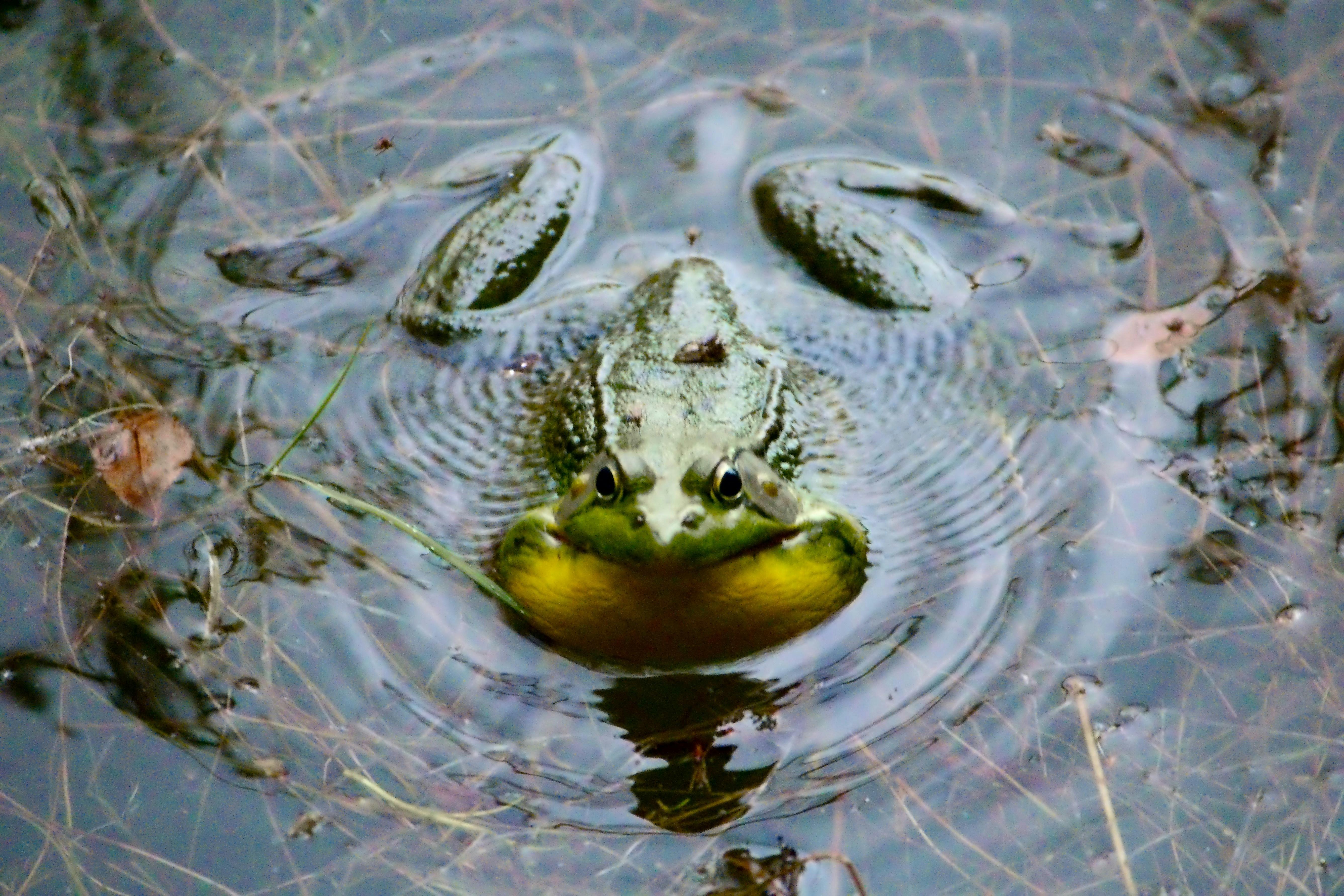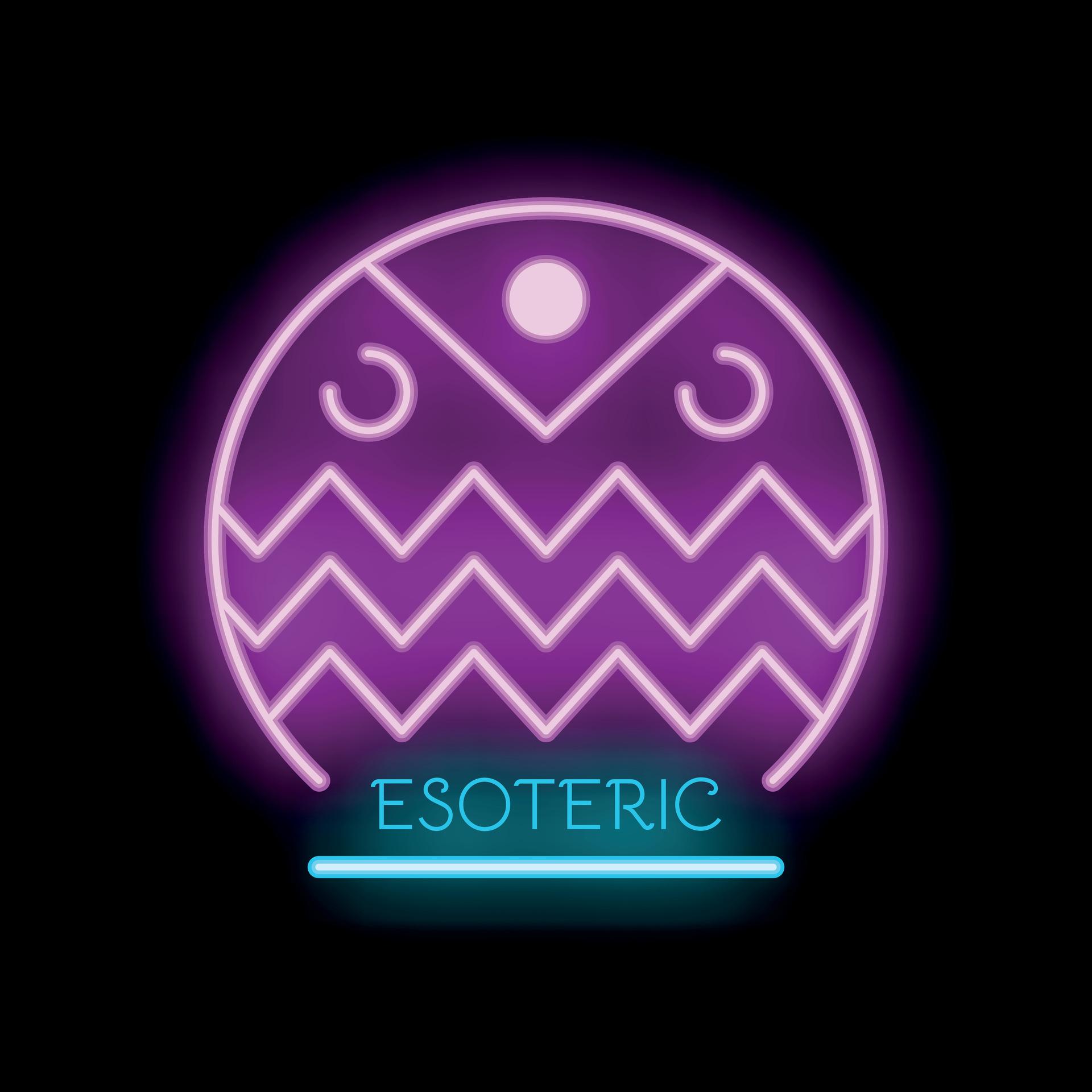Fritjof Capra's "The Turning Point" is a truly significant work that delves deeply into the intersections of science, philosophy, and spirituality, reflecting the upheavals of our time. Published in 1982, it is one of the author's major works, a physicist and systems theorist.
📚 Book Overview:
Capra argues that we are in a time of great upheaval—a turning point that will fundamentally change our worldview and understanding of nature and society. This turning point affects not only scientific theories but also our ethical, cultural, and spiritual principles.
The book examines the historical development of Western science, which has shifted from the mechanistic view of the world that has prevailed since the 17th century to a holistic, systems perspective. The mechanistic worldview, which viewed the world as a clockwork mechanism with all its parts separate and predictable, has proven inadequate for understanding complex, living systems.
Capra advocates a new paradigmatic thinking informed by systems theory, complexity theory, and the holistic view. He shows how these perspectives apply both to the natural sciences and to other areas such as society, psychology, and ecology.
🌱 Key themes of the book:
The Mechanistic View and Its Limitations:
Since the 17th century, mechanistic science dominated the Western worldview. This view viewed nature as a vast, machine-like system governed by fixed laws and rules.
Capra demonstrates that this view has failed in many areas, particularly with regard to understanding living systems and complex processes.
The Emergence of a New Paradigm:
Systems thinking and complexity are central elements of the new worldview. The old mechanistic model is increasingly being replaced by a holistic, dynamic understanding.
This paradigm shift is evident not only in science, but also in society, the economy, and our relationship with nature.
The interconnectedness of all things:
Capra emphasizes that all things are interconnected. This insight is reflected in both modern physics and ecology, both of which emphasize that the whole is greater than the sum of its parts.
This new thinking calls for an interdisciplinary perspective that combines different sciences and philosophical approaches to better understand the world.
Ecology and Sustainability:
A central aspect of Capra's book is the importance of ecology and sustainability thinking. He argues that the ecological crisis is based on a deeper understanding of the interactions within natural systems.
We must understand that, as humans, we are part of nature and therefore must live in harmony with it rather than exploiting it.
The Spiritual Dimension:
Capra also emphasizes the spiritual dimension of this shift in thinking. The holistic perspective, which emphasizes the interconnectedness and interconnectedness of all things, finds parallels in many mystical and spiritual traditions.
The shift to a new paradigm means not only a shift in thinking, but also in feeling and acting.
🔮 Criticism and Reception:
"The Turning Point" was a highly influential book, well received by both scientists and spiritually inclined readers. Capra's integration of science and spirituality offered many a refreshing perspective on the challenges of the modern world.
Criticism often centers on the idealism of some of his proposals and the difficulty of implementing such profound changes at the societal level. Some also see the book's lack of a concrete plan of action as a weakness, although Capra emphasizes the need for a fundamental shift in thinking and acting.
🌍 Capra's Vision of the Future:
Capra believes that the turning point we are experiencing represents a tremendous opportunity for the planet. The development of a holistic consciousness—both in science and society—could help us overcome global crises and move toward a sustainable, just future.
He calls for overcoming the old, mechanistic worldview and making room for a new way of thinking that recognizes the interconnectedness and vitality of the world. Science, spirituality, and ethics must be reconciled to achieve harmonious and just coexistence.
Find.
🧘♂️ Key thoughts for the reader:
Systems theory helps us understand the world not just as a collection of parts, but as an interconnected whole.
We are part of a large web of living systems, and our actions affect this web.
Ecology and spirituality are not separate, but essentially intertwined.
Sustainability and holistic thinking are key to the survival of humanity and the preservation of the Earth.
Conclusion: Fritjof Capra's "The Turning Point" is a book that inspires profound reflection on the necessary change in human thought and action. It challenges us to abandon the old mechanistic worldview and develop a new, holistic paradigm that recognizes the interconnectedness and vitality of the universe. If you are interested in how these shifts in both science and spirituality can converge, this book is an inspiring and profound guide.






